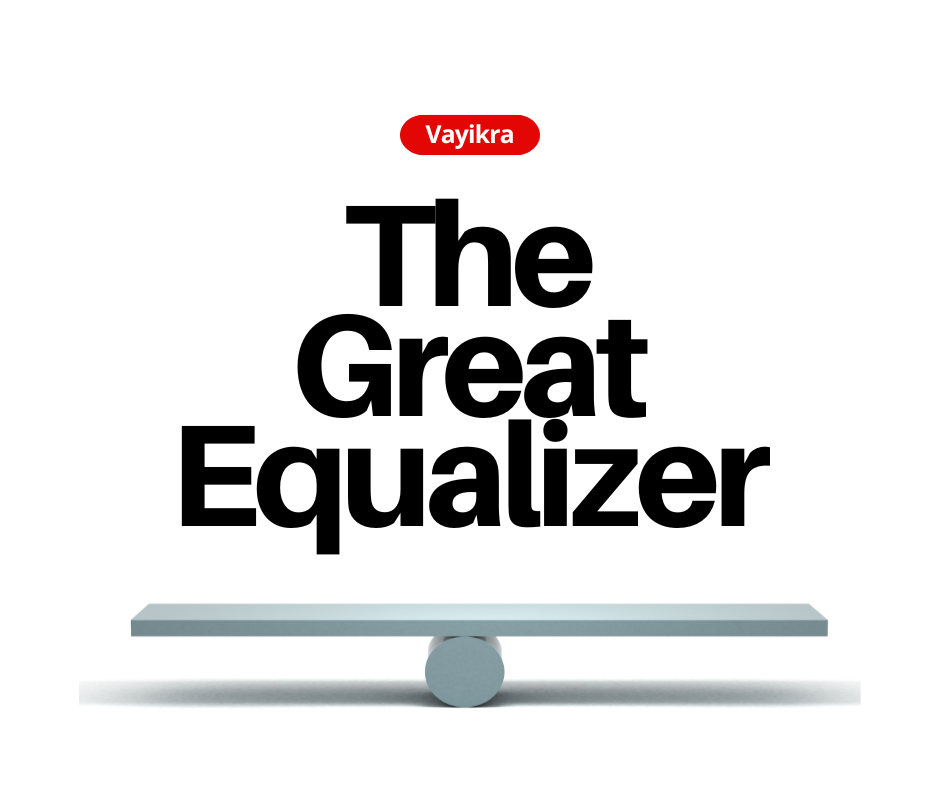Vayikra: The Great Equalizer
- Rabbi Yonah Burr
- 1 day ago
- 2 min read

The Gemara tells us that there was a line that surrounded the exact midpoint of the Mizbe’ach. The purpose of this line was to indicate which part of the Mizbe’ach was the upper half, and which part was the lower half; this was important because the blood of some of the sacrifices was sprinkled above the midpoint, while other sacrifices required their blood to be sprinkled below the midpoint.
There is an interesting distinction drawn between the Korban Chatos / the sin offering, itself. Certain sins require a sin offering to achieve atonement, and among those sins a distinction is sometimes made between the wealthy, and the not so wealthy. A wealthy person would be required to bring a goat as his offering, while a not so wealthy person would be permitted to bring the less expensive bird as his atonement.
But then there is another difference that is not as expected; the animal sacrifice is required to have its blood sprinkled above the line, while the bird offering’s blood is offered below the line! What is the meaning of this subtle nuance?
While we cannot profess to know the hidden meanings behind the ritual korbanos, Rav Moshe Feinstein sees here an insight into human nature; everyone’s situation is different, and the causes for a ‘sin’ or lapse, are different as well. A wealthy person might be lulled into a sense of false security and complacency due to his wealth. While a less well to do person might even be bitter at his lot, wishing he had more. The approach to address these two attitudes must therefore be different. The wealthy person is asked to ‘look above’ the line; to look heavenward, and reprioritize his values. Look above, and redirect your focus on what is important in life. Think about Hashem, and bring Him into your life. While the poor person needs to look ‘downward’ ‘below the average midpoint, to see that there are those that have even less than he, and to learn to appreciate what he does have, realizing that life itself is a gift, something to be cherished and thankful for. For him, the korban is offered below, to be able to look below himself to learn this lesson.
We all go through times of the ‘rich man’; feeling complacent and confident, while going through ‘poor times’ perhaps feeling abandoned or disillusioned. Our job is to learn from the korbanos, and apply the appropriate strategy for inspiration at the appropriate time!
Have a good Shabbos!
.png)
Comments